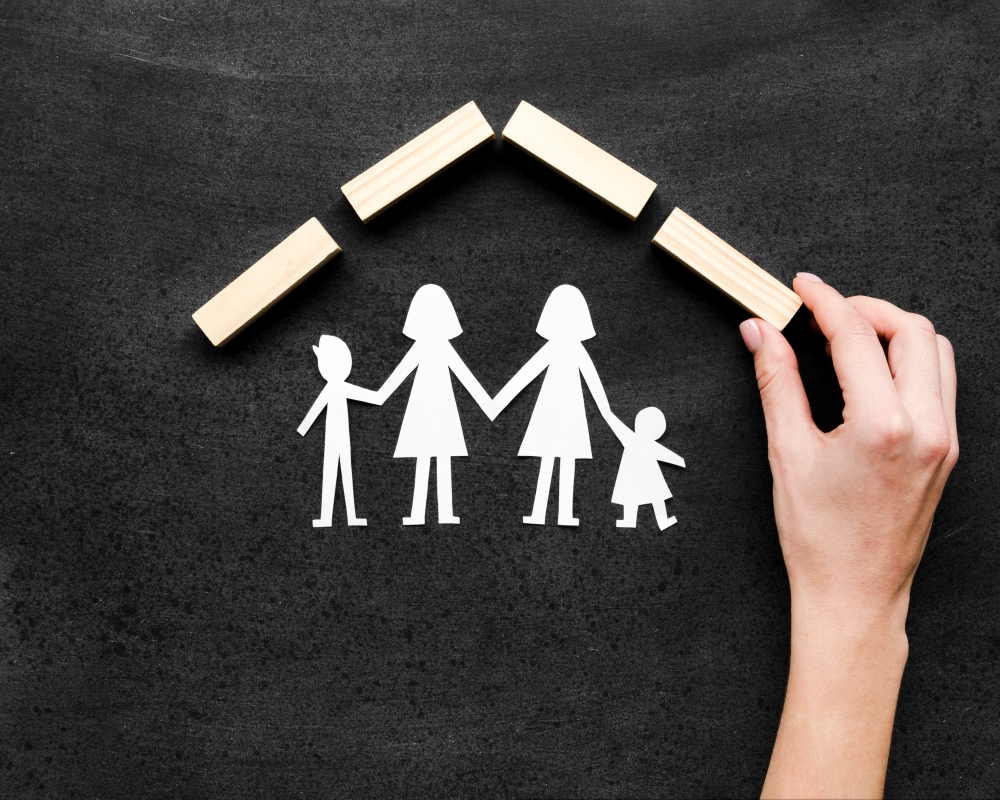Why Mediation Matters in Family Law: Protecting Relationships and Promoting Mental Health

Mediation is a form of resolving disputes amicably. This process is confidential, flexible, time efficient, and cost effective. Most importantly, meditation protects relationships and allows parties to resolve disputes outside of the courtroom. Nowadays, most common family disputes involve divorce settlements, child custody, inheritance and estate matters. The emotional and mental health strains of family conflicts are already significant, even without the added pressure of legal proceedings. Therefore, as a cooperative process, mediation mitigates the harm of conflict, reduces stress, and supports mental wellbeing, all whilst preserving important relationships.
Unlike commercial disputes, family disputes often involve emotional bonds, whether it is between siblings, spouses, parents, children, or extended family. In most cases, it causes significant stress and anxiety, as it threatens parties’ sense of stability, safety, and security. Whether a conflict arises owing to child custody, inheritance, or divorce, this leads to uncertainty as it involves life changing outcomes that will affect the future. Such uncertainty may leave parties in a constant state of worry.
Emotional challenges such as grief and loss may arise from separation and broken relationship bonds. Parties may feel a strong sense of sorrow, whether from the loss of shared dreams, future plans, or tangible separations. This type of grief often impacts professional life, personal growth, and decision making.
For example, in divorce settlements, parties often go through a ‘grief cycle’. This emotional response involves several stages which include ‘denial, anger, bargaining, depression, and acceptance’. Therefore, it is important for individuals going through a divorce to access adequate support and consider alternative ways of resolving conflict. This highlights the value of mediation, especially since the traditional litigation process can often add to the emotional strain. Through good communication and a willingness to compromise, parties undertaking mediation can work towards an outcome that is less emotionally harmful. This not only reduces stress but also increases the likelihood of a long term resolution that meets everyone’s needs.
Family disputes do not only affect the parties involved, but also family members around them. In cases of divorce, children may experience a significant amount of stress owing to the change of routine and environment which can cause confusion and uncertainty. Children may experience emotions such as sadness, anger, loneliness, and embarrassment. 3 This can lead to major consequences such as an increased risk of developing mental disorders, behavioral changes, lack of focus and drop in academics and social life. Therefore, parents must prioritize their children’s needs and carefully consider the most appropriate and least harmful method to resolve their dispute and ensure that relationships are preserved to limit the emotional stress and hardships that may arise.
Litigation proceedings have negative impacts owing to the emotional dynamics present in family disputes. When parties avoid litigation, it minimizes conflict and stress as the court process is adversarial by nature. Litigation proceedings often place parties against each other leading to a ‘win-lose’ mentality. This makes it difficult for parties to maintain a cooperative relationship. In court, decisions are bound by legal principles, statues, and precedents. Therefore, judges may not have the flexibility to study each unique family dynamic. Moreover, court records are usually public and may expose personal details of a family conflict, leaving no room for confidentiality. Overall, litigation is an expensive and time onsuming method of dispute resolution that causes a significant amount of stress on all parties involved.
There are cases where litigation in family conflicts may be the most effective method of resolving disputes. For example, matters that involve safety concerns such as allegations of abuse and violence. It may be necessary to resolve it in court to protect the safety and wellbeing of a child or parent. In cases where all attempts of mediation have failed and no resolution has been met, the court can offer a binding decision.
According to ‘Family Law Mediation’, 7 out of 10 mediation cases are successful, however it is important to note that there are no guarantees. In order to reach a successful mediation, the help of a trained mediator, a neutral third party who obtains skills to facilitate a productive discussion in a supportive and safe environment is essential. Signs of a successful mediation include improved communication, sense of relief, and mutual understanding between the parties.
The main key factor in mediation is that it preserves relationships and reduces mental strain, which is important in family matters. This method offers a constructive approach where both parties can communicate effectively leading to a ‘win-win’ mentality. The goal of mediation is to reach a resolution that satisfies both parties, it is a flexible process that allows parties to dictate the outcome of their matter which is specifically tailored to their family needs. It is a highly confidential process where parties can resolve disputes without making their personal and sensitive information public.
Mediation promotes mental health and de-escalates family disputes by improving communication and collaboration. It allows parties to listen to each other’s perspective and reduces misunderstandings. Mediation supports emotional healing owing to its empathetic nature. It makes parties feel understood and heard which will contribute to moving past such conflicts. This method also encourages parties involved to focus on their futures by establishing a solution through an optimistic approach instead of focusing on the past.
Due to the sensitive nature of family disputes, it is essential that individuals considering alternative dispute resolution methods fully understand the emotional and relational implications. Without proper care, these processes can inadvertently result in significant emotional harm. Mediation is a constructive way of moving forward and resolving disputes in a less stressful manner. It protects relationships and is a human-centered method that prioritizes mental health. When done thoughtfully, mediation offers a path that not only resolves legal issues but does so in a way that minimizes further emotional damage and supports the long term wellbeing of everyone involved.
Sara Nassif
.svg)
.svg)